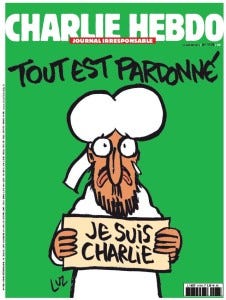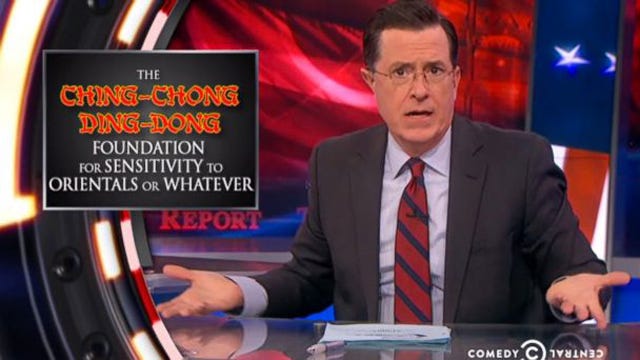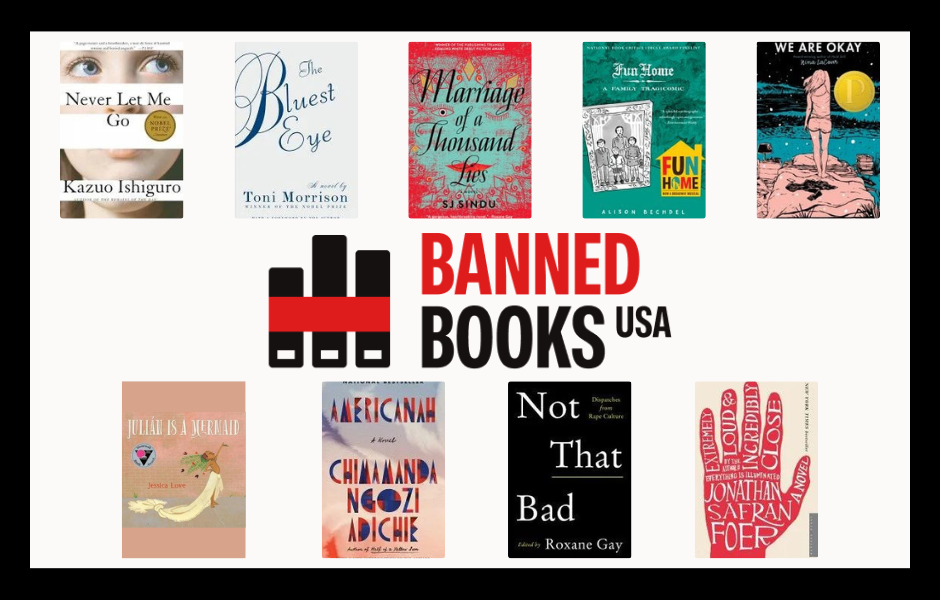essays
Charlie Hebdo and the Question of Comedy Punching Up or Down

In the last few years the claim that “comedy must punch up” has increasingly turned into a humor law in certain media circles. The concept is used to guide our reactions to events such as the recent attacks on Charlie Hebdo, where the consensus seems to be that we should, of course, condemn the horrific murders, but we should also condemn the magazine for violating the rule that comedy can’t punch down.
I want art to attack power rather than prop it up, and I certainly dislike racist, sexist, or otherwise vile art. Still, I’ve always questioned both the truth and usefulness of the “comedy must punch up” law. For one thing, it’s not always clear how to measure the direction of a punch.

The latest Charlie Hebdo cover: “All is forgiven”
The attacks on Charlie Hebdo were allegedly inspired by cartoons depicting the prophet Muhammad and mocking extremist leaders such as ISIS leader Abu Bakr al-Baghdadi. I imagine that Charlie Hebdo — whose offices were bombed in 2011 and whose staffers’ deaths were ordered by Al-Qaeda — would consider mocking powerful military and religious readers to be “punching up.” At the same time, it’s absolutely true that Muslim population of France are marginalized and oppressed. Those same “punches” mocking a religion may simultaneously be landing on them. A joke can punch up and down at the same time.
(Despite the think piece reliance on condemning Charlie Hebdo on punching direction grounds, the most offensive part of Charlie Hebdo’s cartoons is their use of racist caricature even when nominally attacking racism. And it is worth remembering that many Muslim writers, artists, and bloggers are also threatened or attacked for blasphemy and would certainly think blasphemy can punch up.)
The multi-directional swing of “punches” (yes, this metaphor gets a little icky) might help with understanding last spring’s #CancelColbert situation. Colbert clearly intended to attack power, mocking the Washington Redskins continued use of a racist name. Yet it’s also true that Asian-Americans are considered a safe target for racist jokes and could understandably be upset at being used as the butt of a joke even if they weren’t the intended target.

#CancelColbert and Charlie Hebdo are also examples of satire being taken out of context. The Colbert Report Twitter account tweeted his joke without the surrounding bit, and the American media was filled with condemnations of — and for that matter praises for — Charlie Hebdo from pundits who mostly hadn’t even bothered to translate the captions of the cartoons… much less try and understand the targets. (If you are interested in trying to understand the context and meaning of Charlie Hebdo’s cartoons I’d recommend Jeet Heer on the history of offensive French cartooning, Hussein Ibish on the history of revenge for blasphemy in the Muslim world, “an open letter to my British friends,” Scott Sayare on the magazine’s reputation in France, and Chad Parkhill’s nuanced take on how the cartoons can still be offensive even understanding the meaning.)
Jokes can still land both up and down even without miscommunication though. Sunday at the Golden Globes, Amy Poehler and Tina Fey had two bits that caused some backlash: one about Bill Cosby’s rape allegations and another, with Margaret Cho, about North Korea. Although both bits were aiming up — at serial rapist and powerful entertainer Bill Cosby and at the North Korean dictatorship — some felt that the jokes hurt and demean victims of rape and of the North Korean regime.
There also seem to be plenty of “down” punches that are considered fine. I’ve never seen “comedy must punch up” people get upset about stand-up comedians mocking their exes, co-workers, or children, even though a comedian on stage has power over people who can’t even defend themselves. And what about “down” groups that are worthy mocking, such as the vile but marginalized Westboro Baptist Church?
Or how about the following Bill Hicks bit that is perhaps the most reposted comedy clip among literary liberal types:
The butt of Bill Hicks’s joke is a poor female waitress. Hardly a high up target. Perhaps we can say that Hicks’s real target is ignorance. Ignorance is arguably the most important target of satire, the real target behind all the other targets. Is ignorance “up” or “down”?
If we actually attempt to use “comedy must punch up” as a law, even restricted to satire, it requires a lot of “punching calculus” that is not as clear-cut. Certainly, as a rule of thumb, jokes should be directed at the powerful and the perpetrators of oppression and not the victims. But is that in any way specific to “jokes”? Don’t we want our non-comedy to also be aimed at bringing down power, not propping it up? Is a drama that defends oppression better than a comedy that does?
It’s certainly true that dumb and hateful people use “it’s just a joke!” as an excuse for their idiocy and hatefulness. But a question worth asking is if we need a flawed comedy law to condemn it. Why isn’t it enough to say that a racist/sexist/otherwise bigoted joke is wrong because it is racist/sexist/otherwise bigoted? And why isn’t enough to say that it’s poor comedy because it is resting on lazy stereotypes? There are many vile, lazy, and racist cartoons made of Obama. Obama is the president and a fair target for jokes, even by the punching up law. That doesn’t mean those jokes are clever or beyond reproach. Vile, hateful speech is vile and hateful. That’s enough of a reason to mock it.









